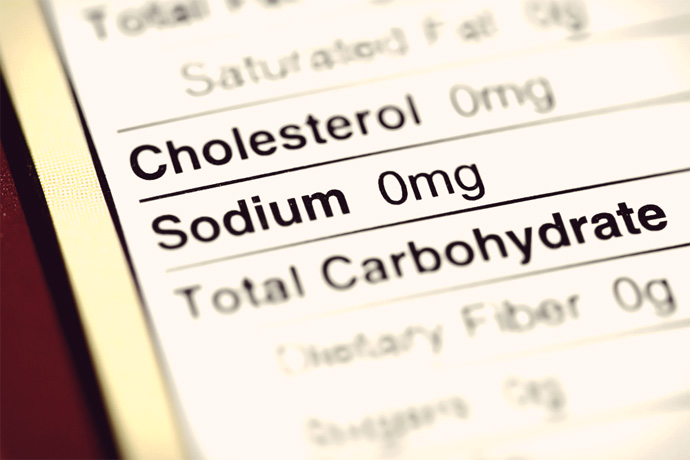Too Little Sodium May Be Harmful To Your Health


For decades the medical community has warned against high sodium intake, insisting that eating too much salt can cause high blood pressure, heart disease and ultimately death. But according to a new report from the Institute of Medicine, low sodium levels can be just as—if not more—harmful to health.
The American Heart Association as well as other organizations recommends a daily sodium intake certain high-risk groups—including anyone older than 50, African-Americans and those with high-blood pressure, diabetes and chronic kidney disease—of less than 1,500 milligrams. But the IOM says such low levels can be dangerous. Consuming such low amounts can increase rates of both heart attack and death.
The IOM didn’t have to conduct its own study to form its conclusions. Instead, it examined previous research that compared sodium consumption and health outcomes. In fact, it says there is no reason anyone should intake less than 2,300 milligrams of sodium a day.
“As you go below the 2,300 mark, there is an absence of data in terms of benefit and there begin to be suggestions in subgroup populations about potential harms,” said Dr. Brian L. Strom, chairman of the committee and a professor of public health at the University Pennsylvania.
In its research, the IOM examined one 2008 study, for example, in which 232 Italian patients suffering from congestive heart failure who consumed either 2,760 or 1,840 milligrams of sodium a day. The patients consuming the lesser amount sale were admitted to the hospital three times as often as the other group and twice as many died.
Likewise, a 2011 study found subjects aged 55 and older were more likely to suffer heart attacks, stroke, congestive heart failure if they consumed less than 3,000 milligrams of sodium a day—similar rates as found in patients who consumed more than 7,000 milligrams each day.
Those are far from the only studies with such findings. As early as 1972 the New England Journal of Medicine published a paper that found the less salt people ate, the higher their levels of rennin, a substance secreted by the kidneys. The increase rennin appeared to cause events leading to increased risk of heart disease.
According to Wellness Watchers, lack of sodium in the diet can cause blood volume to decrease and lead to lower blood pressure. Low blood pressure causes the adrenal and pituitary glands to secrete hormones that cause the kidneys to retain sodium and water. Over time, the condition can lead to kidney problems and adrenal fatigue. Low blood pressure can also affect the heart and the brain.
Based on all the research, the IOM recommends all people to aim for daily sodium intake of about 2,300 milligrams. That doesn’t mean you should start reaching for the salt shaker, though, as the average American adult still consumes about 3,400 milligrams a day.









































